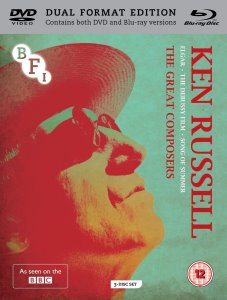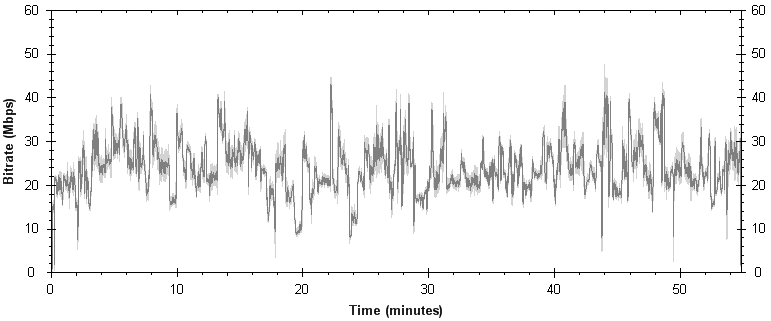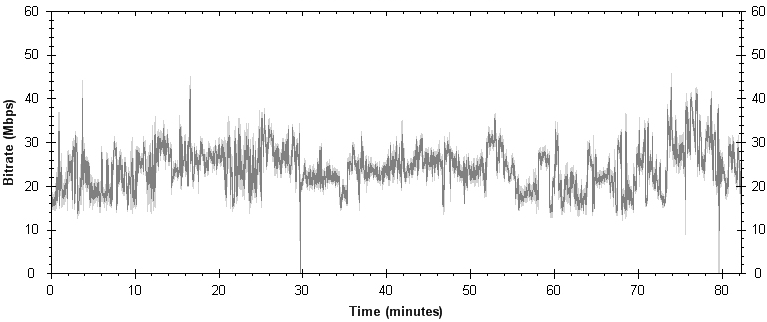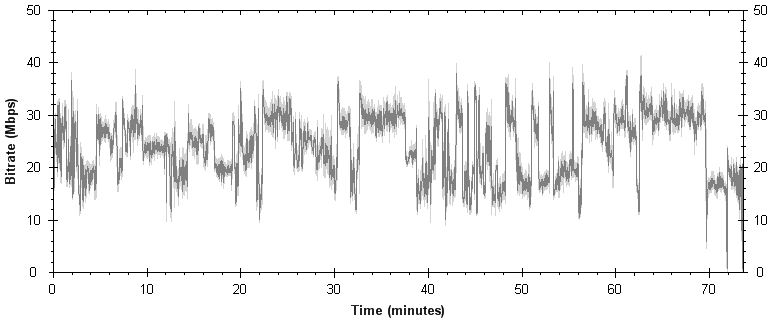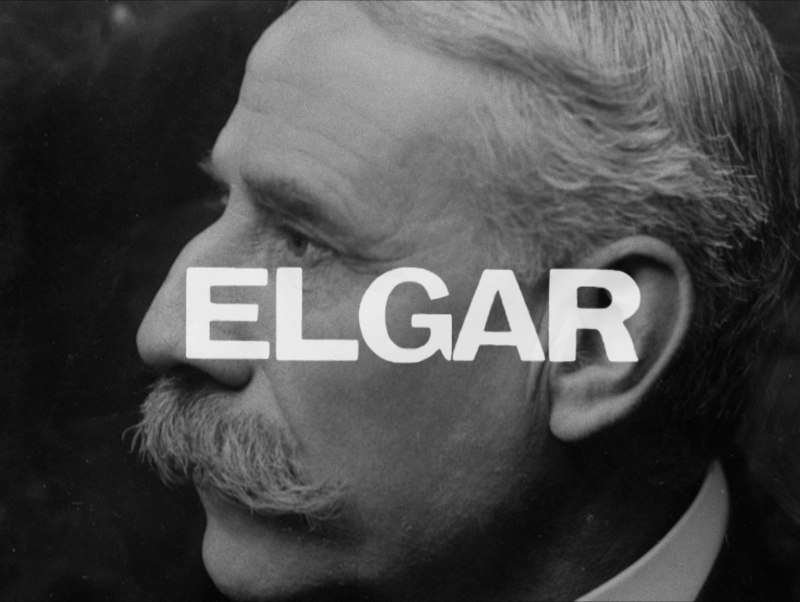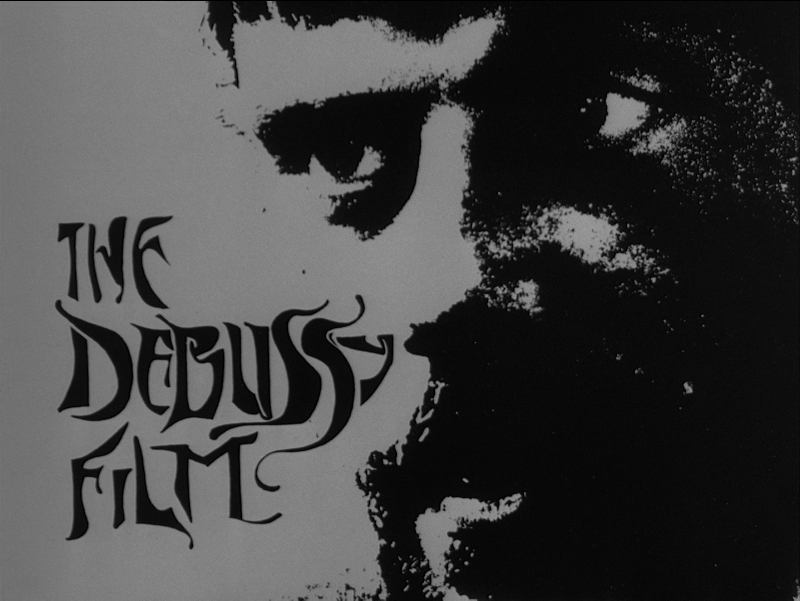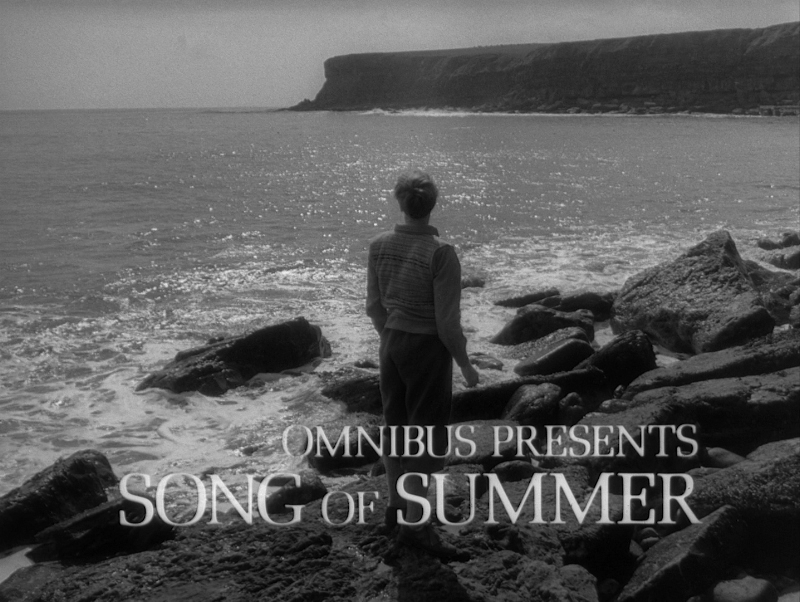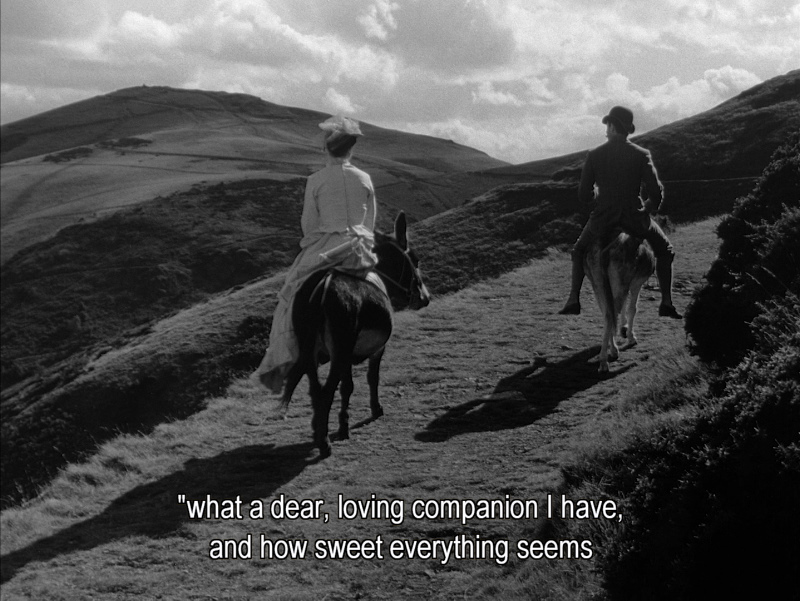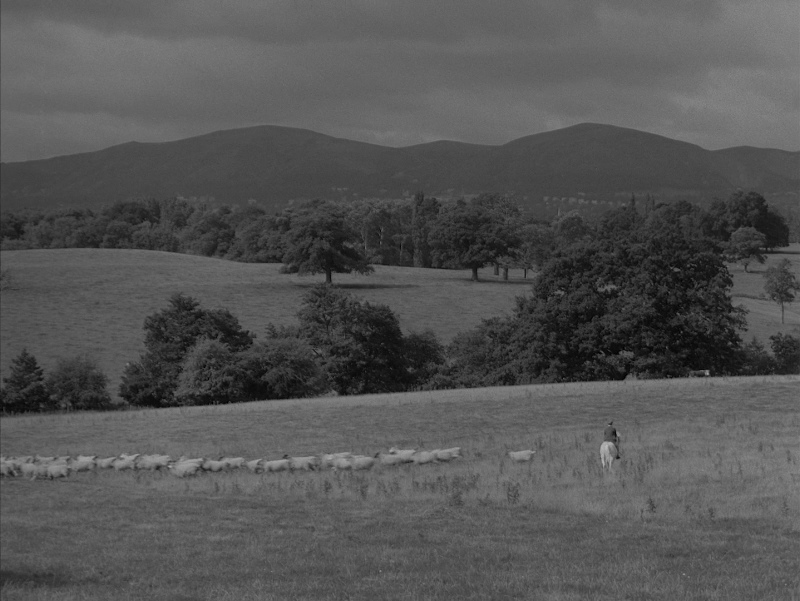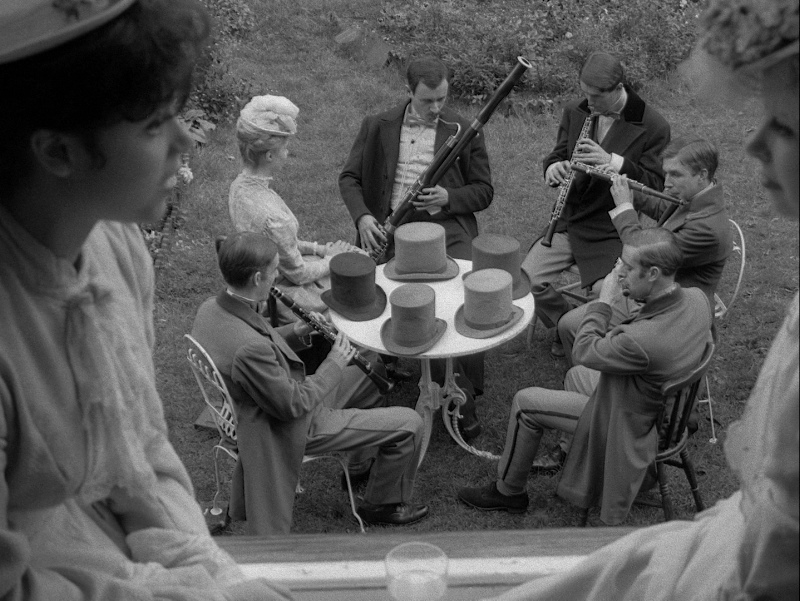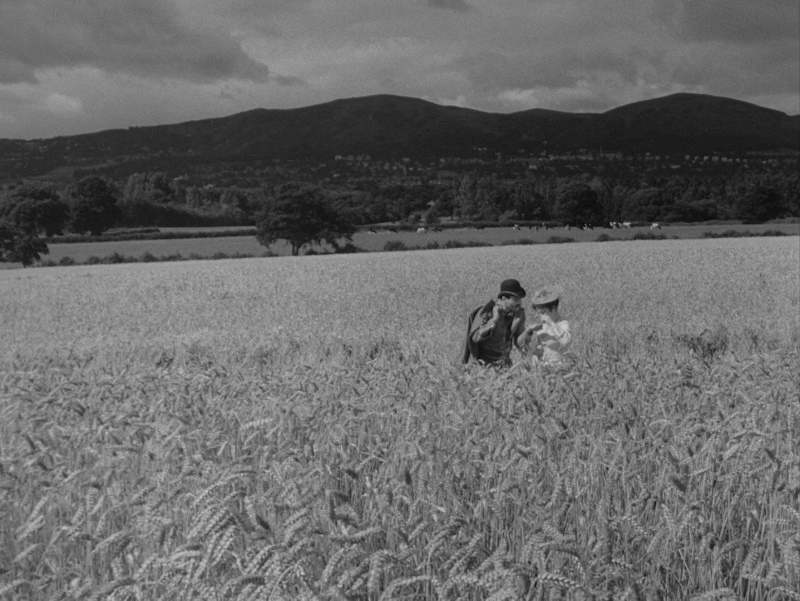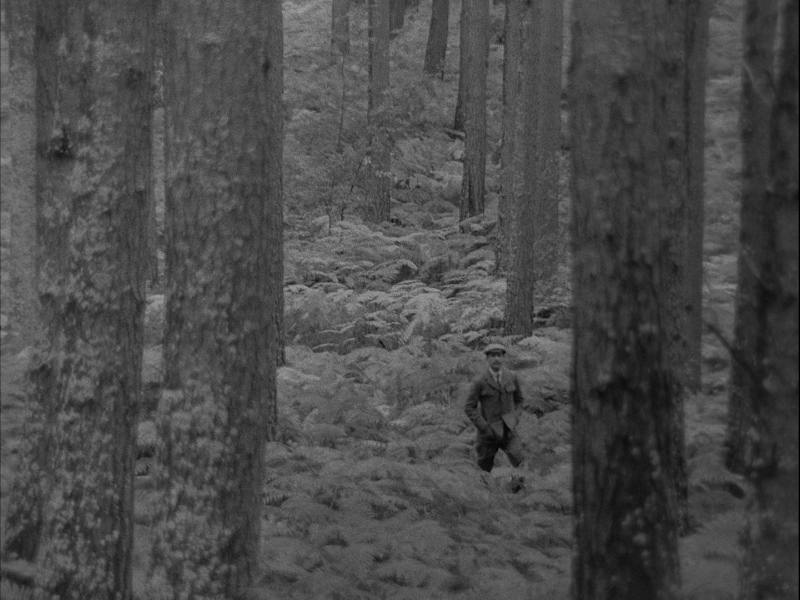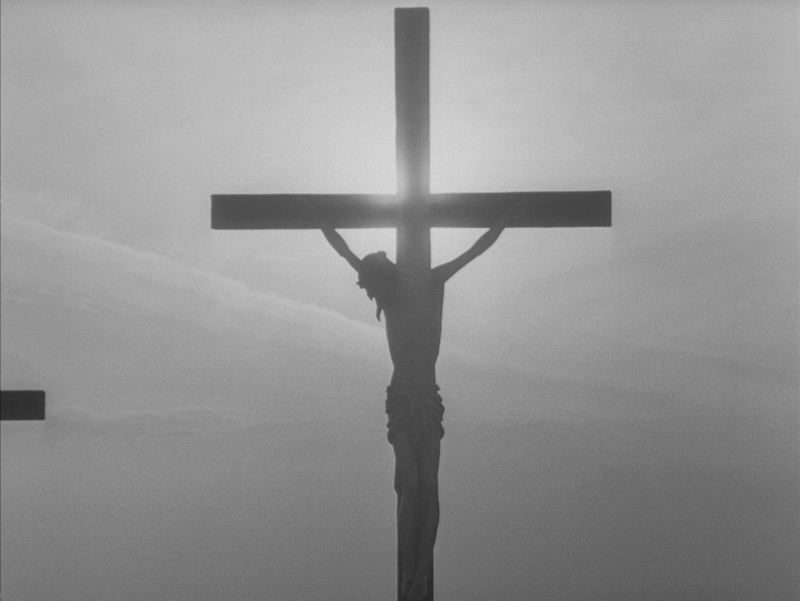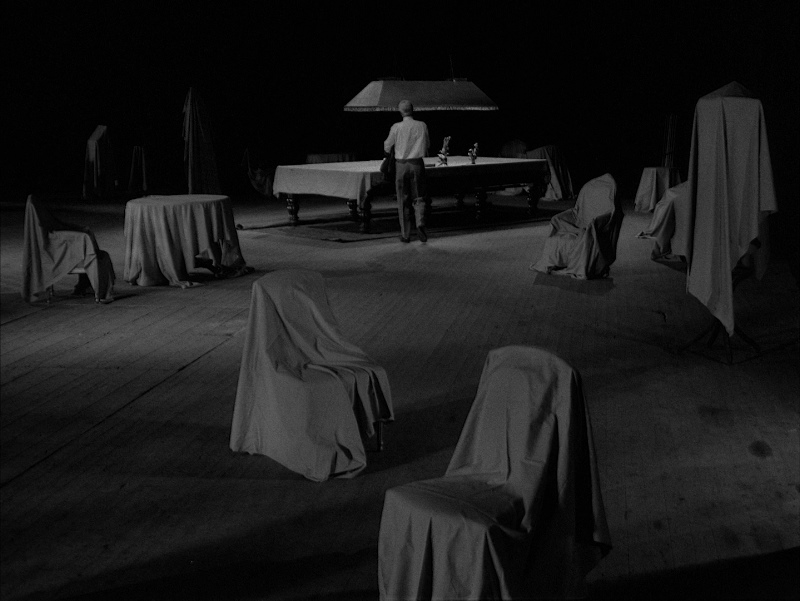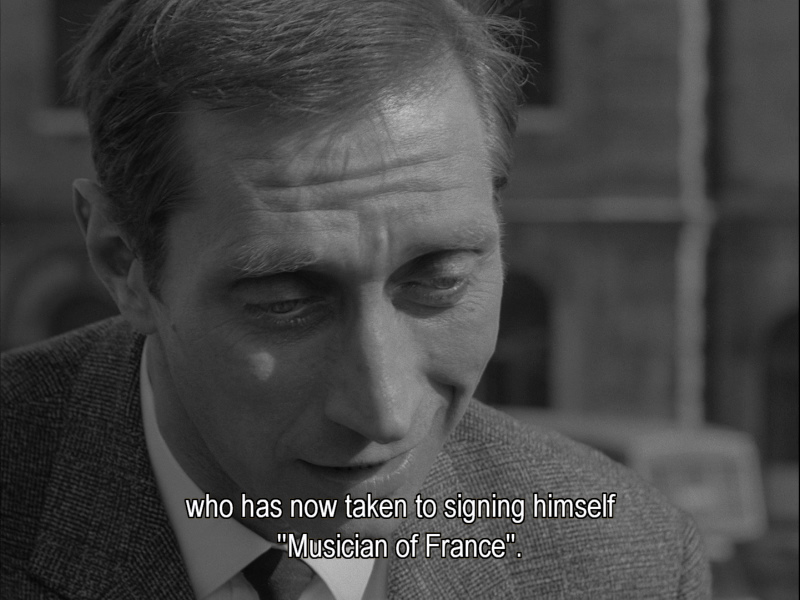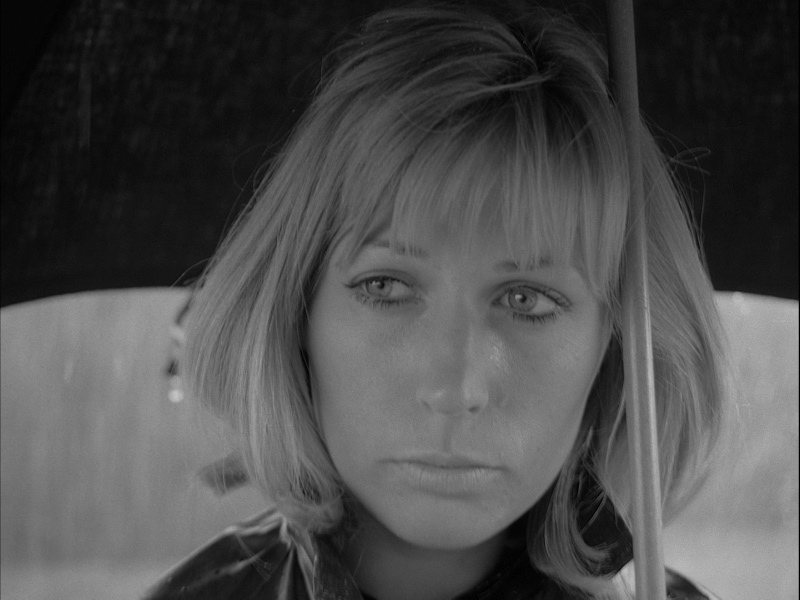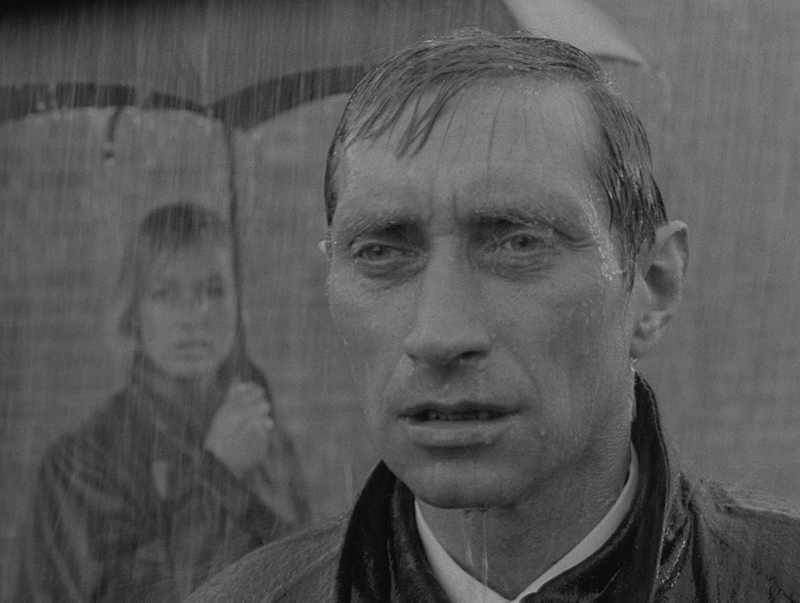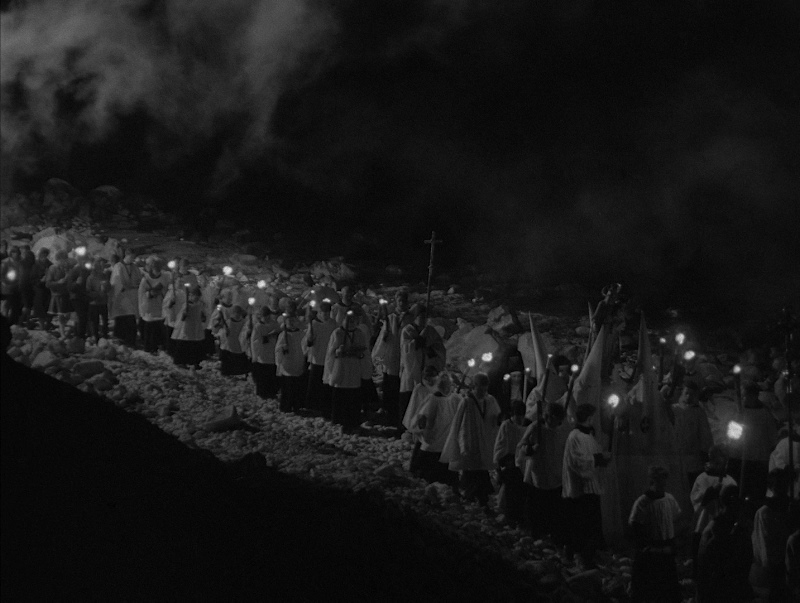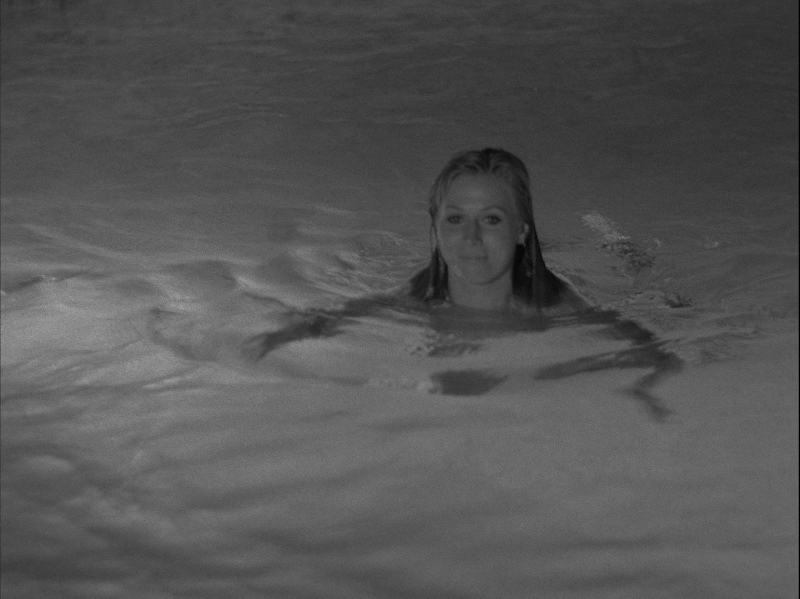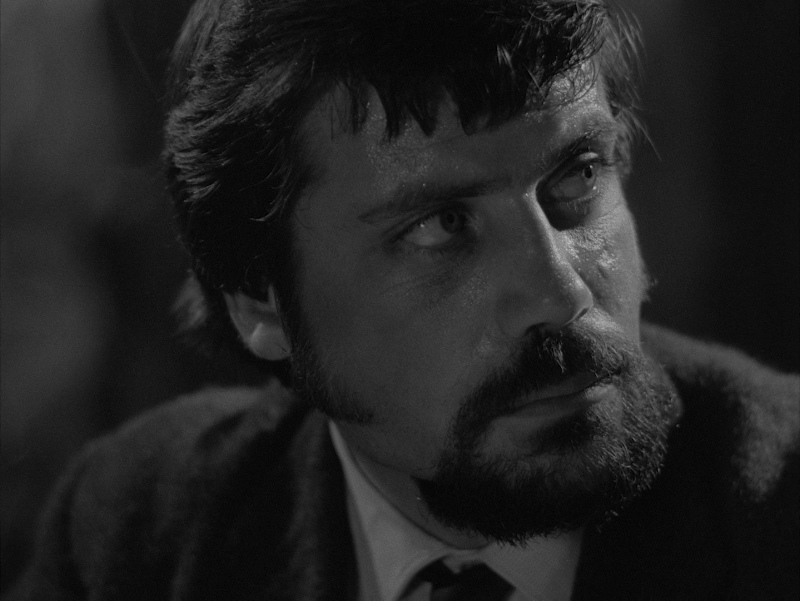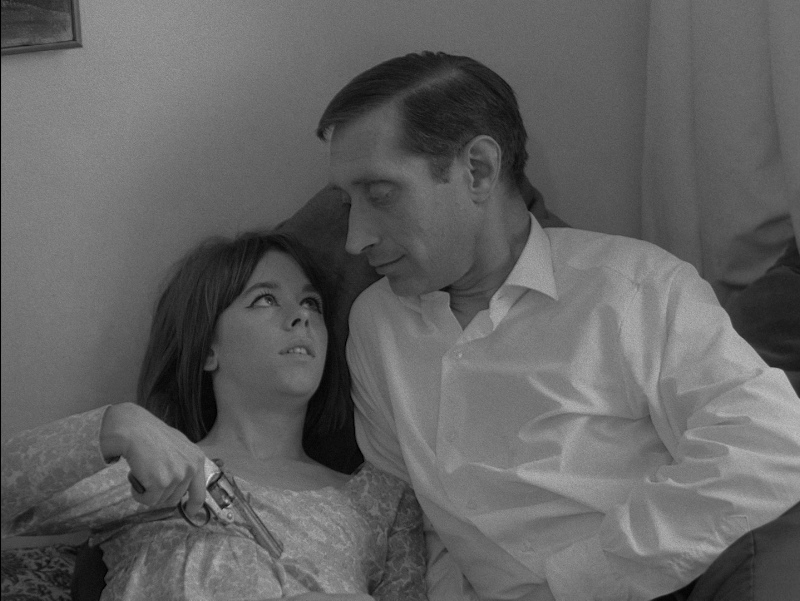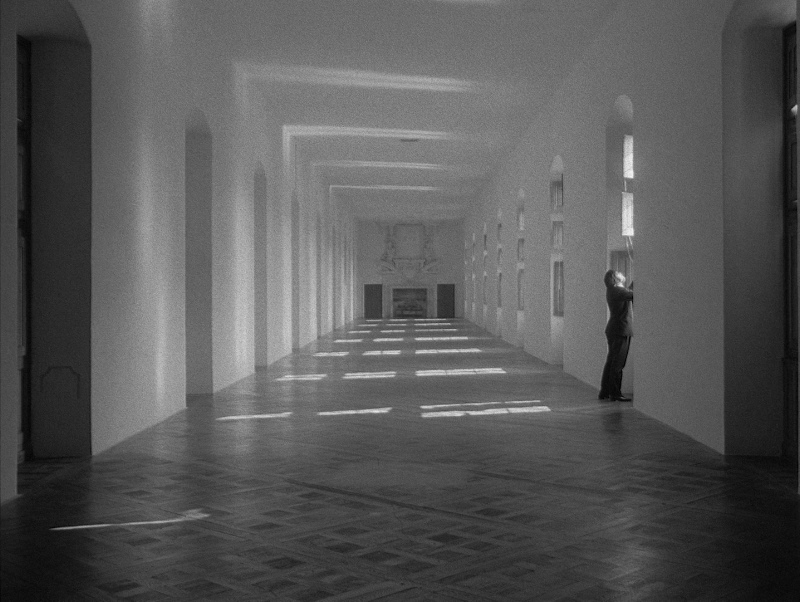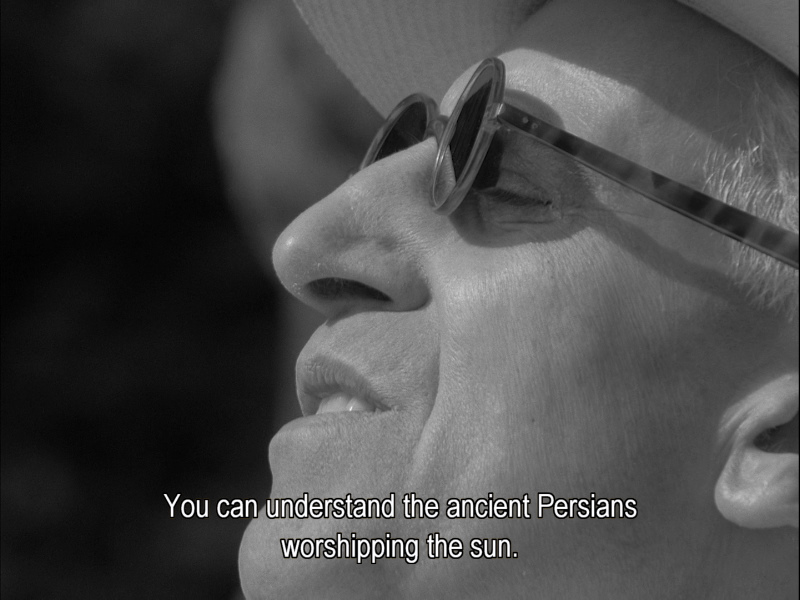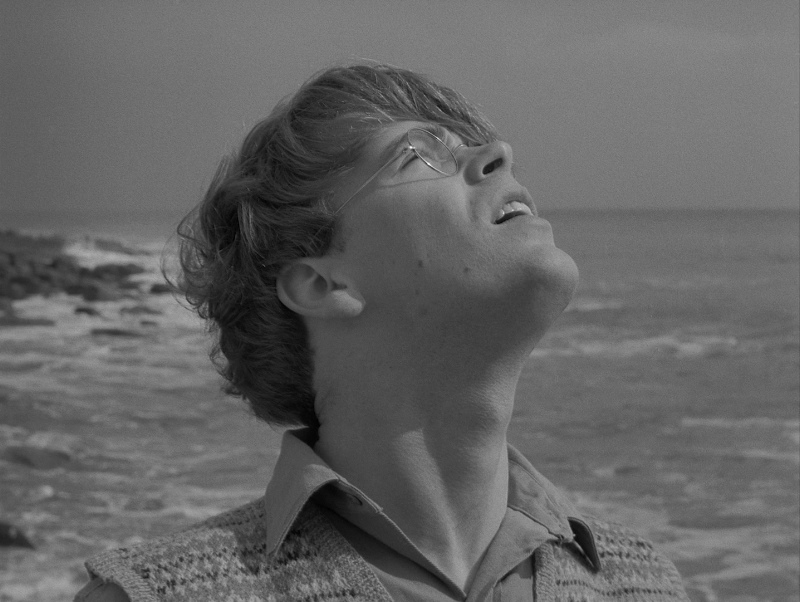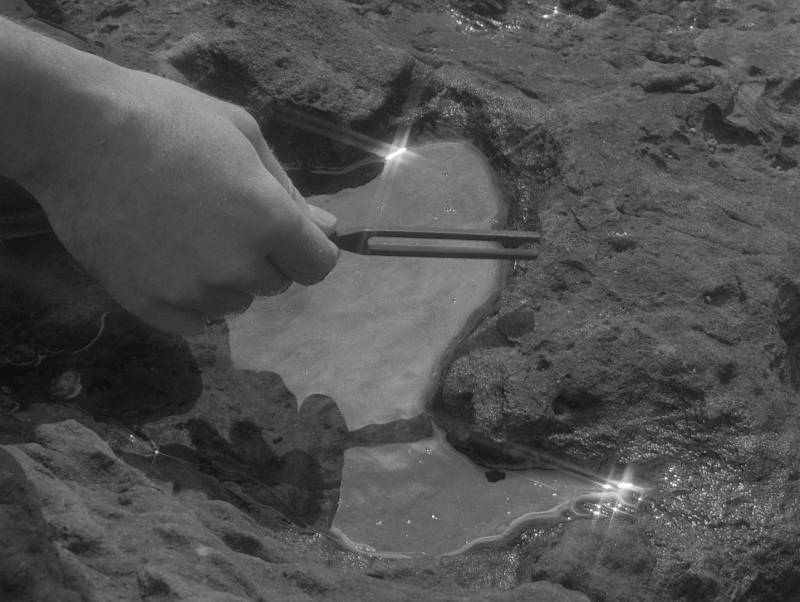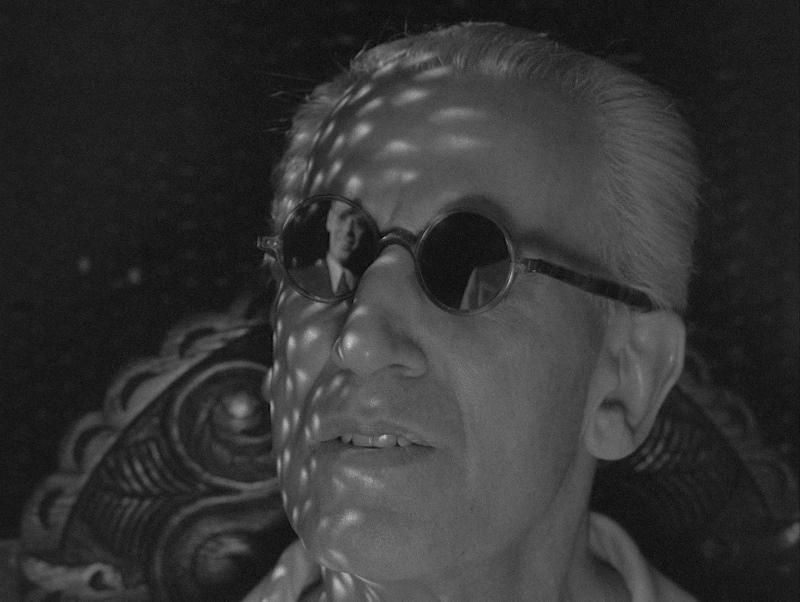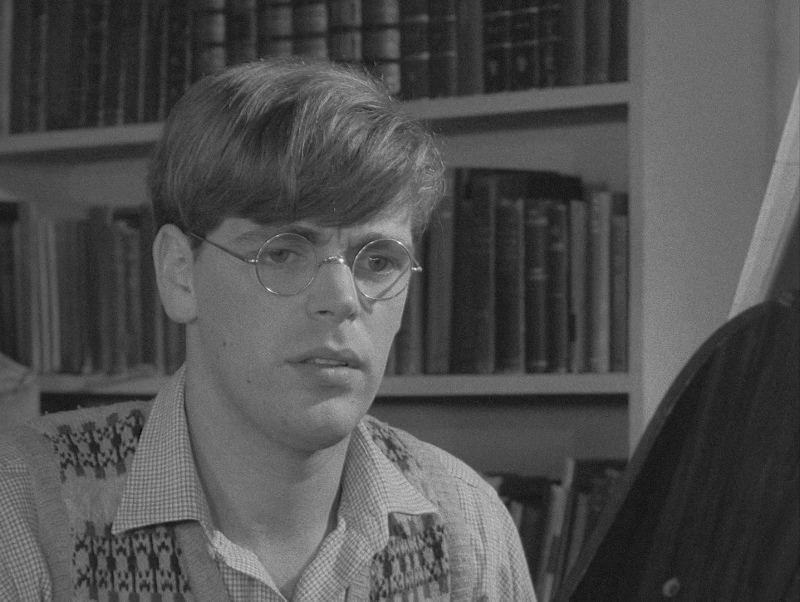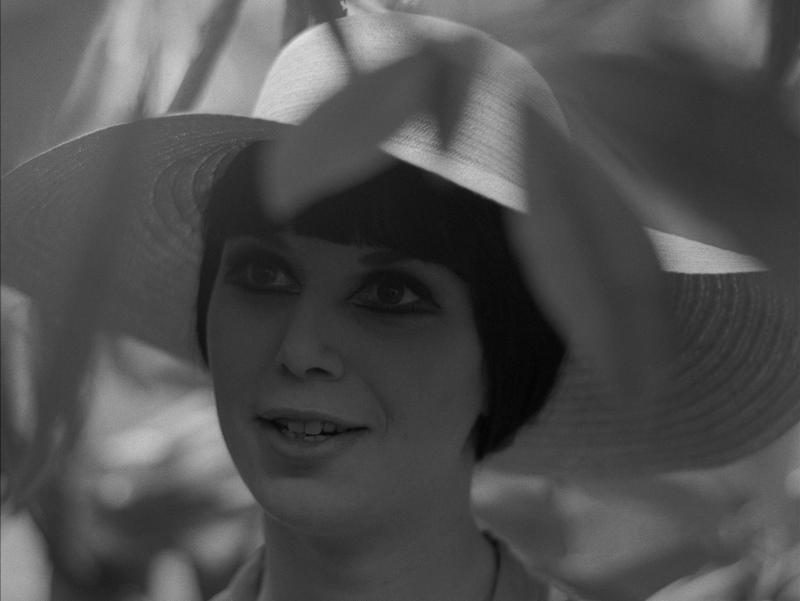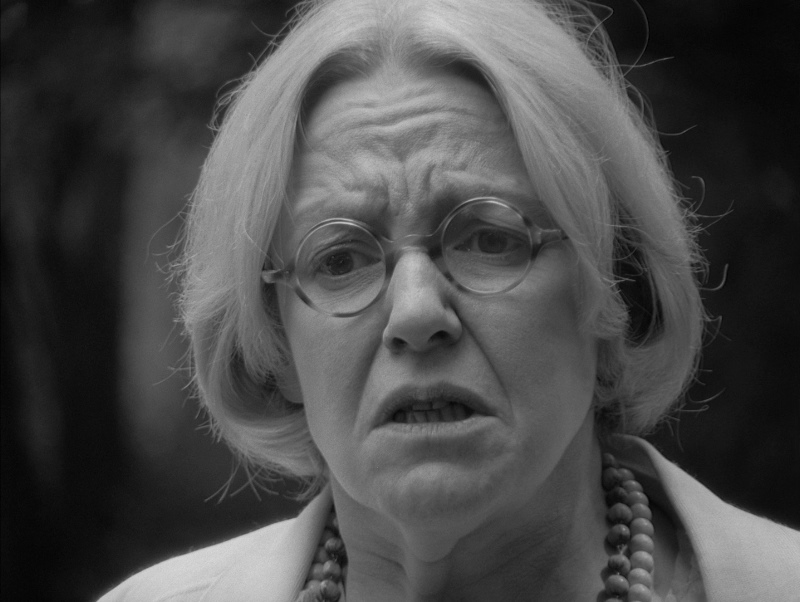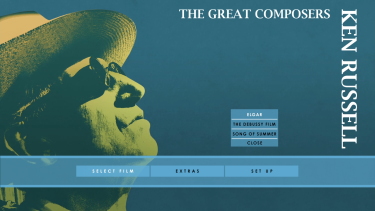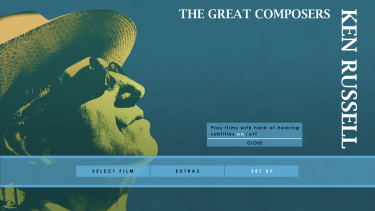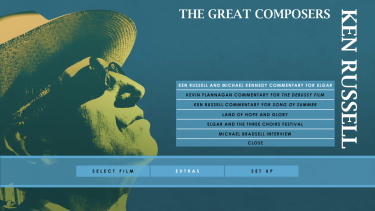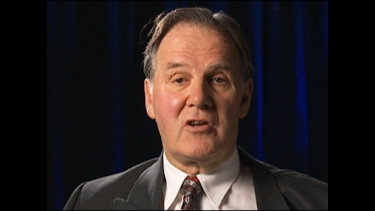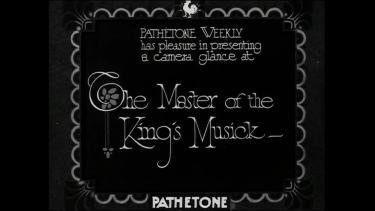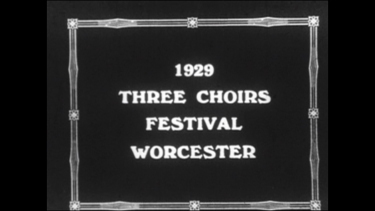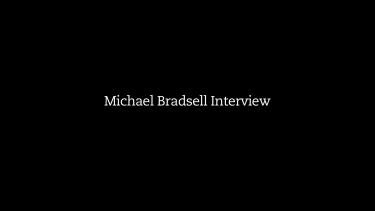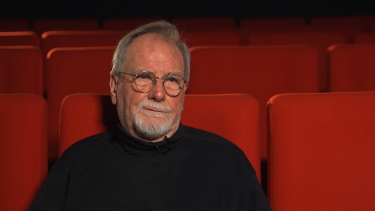![]()
![]()

![]()
|
The Ken Russell Collection: The Great Composers [Blu-ray]
Elgar (1962)The Debussy Film (1965) Song of Summer (1968)
Review by Gary Tooze
Production: Theatrical: British Broadcasting Corporation (BBC) Video: BFI Video
Disc: Region: 'B' (as verified by the Oppo Blu-ray player) Runtimes: 0:54:50.000 / 1:22:14.000 / 1:13:35.600 Disc Size: 46,602,321,236 bytes Elgar Size: 11,250,733,632 bytes The Debussy Film Size: 16,877,608,320 bytes Song of Summer Size: 15,113,512,320 bytes Video Bitrates: 24.00 Mbps Chapters: 6, 8 and 8 Case: Transparent Blu-ray case Release date: March 28th, 2016
Video: Aspect ratio: 1.33:1 Resolution: 1080i / 25 fpsVideo codec: MPEG-4 AVC Video
Audio: LPCM Audio English 1536 kbps 2.0 / 48 kHz / 1536 kbps / 16-bit Commentaries: Dolby Digital Audio English 320 kbps 2.0 / 48 kHz / 320 kbps
Subtitles: English (SDH), none
Extras: • Michael Bradsell Interview (2015, 10:04): the film editor talks about working with Ken Russell• Land of Hope and Glory (1931, 3:20): footage of Sir Edward Elgar conducting the LSO at the opening of the new HMV Studios (now Abbey Road Studios) • Elgar and the Three Choirs Festival (Harold Brooke, 1929-1932, 9:19): amateur footage of Elgar at home and at the Three Choirs Festival • Ken Russell and Michael Kennedy audio commentary for Elgar (2002) • Newly commissioned commentary by Kevin Flanagan for The Debussy Film • Ken Russell audio commentary for Song of Summer (2002) • Illustrated booklet featuring new essays by Kevin Flanagan, John Hill, John C Tibbetts, Paul Sutton and Michael Brooke, and full credits DVD (Dual-Format)
Bitrates: Elgar
The Debussy Film
Song of Summer
Description: A Dual Format Edition collection bringing
together the career defining work of Ken Russell at the BBC.
Russell's work during the sixties for award-winning arts
documentary series Monitor and Omnibus were
critically-acclaimed and often seen as a high point in his
filmmaking.
The Film:
Elgar
The Debussy Film
Song of Summer Image : NOTE: The below Blu-ray captures were taken directly from the Blu-ray disc. The Ken Russell Collection: The Great Composers is simultaneously released on Blu-ray from BFI along with The Ken Russell Collection: The Great Passions. Both are dual-layered with three films from his award-winning arts documentary series Monitor and Omnibus works in the 60's produced by the BBC. These are rare and unique and it was a wonderful idea to bring them to the higher resolution since almost exclusively viewed on small television tubes 50-years hence. The Great Composers set comprises Monitor's Elgar from 1962 (also reviewed on out-of-print DVD HERE), The Debussy Film (1965) and Monitor's Song of Summer: Frederick Delius from 1968. Each in black and white and 1.33:1 aspect ratio. From original source these are all 1080i and 25 fps (PAL) which is how they would have been viewed in their broadcast premieres. Bitrates are supportive at 24 mbps and the image is a bit superior to the, slightly older The Great Passions set. It is a shade cleaner and crisper - also very watchable. Hopefully the Blu-ray captures should give you a reasonable idea of how they might look on your home theatre system. I was quite pleased with this appearance. CLICK EACH BLU-RAY CAPTURE TO SEE ALL IMAGES IN FULL 1920X1080 RESOLUTION
Elgar
The Debussy Film
Song of Summer
Audio :BFI use a linear PCM mono tracks (16-bit) for all 3 films. They are filled with sweeping classical scores from the respective bio'ed composers featured in the set. With an exception - Song of Summer has Delius music frequently (we also briefly hear Jerome Kern's "Ol' Man River" in one spot) but, while I reviewed the, now OOP, DVD HERE some 15-years ago I didn't recall in the film's opening or that there was a silent era comedy playing but understand now that the copyright permission couldn't be obtained and that scene was cut from the SD release but the Blu-ray shows Fenby improvising on an organ for the theatre patrons. The audio is quite impressive in these films sounds regal and majestic at times - definitely helping carry the narrative. There are optional English (SDH) subtitles and my Oppo has identified it as being a region 'B'-locked.
Extras : Like The Great Passions - this package also has many supplements including commentaries for each film (Ken Russell and Michael Kennedy for Elgar and Russell for Song of Summer - both from 2002 - and a delightful newly commissioned commentary by Kevin Flanagan for The Debussy Film) plus another new (2015) 10-minute interview with Michael Bradsell; the film editor talks about working with Ken Russell. We get a short piece of footage from 1931 of Sir Edward Elgar conducting the LSO at the opening of the new HMV Studios (now Abbey Road Studios), as well as amateur footage of Elgar at home and at the Three Choirs Festival. There is an Illustrated booklet featuring new essays by Kevin Flanagan, John Hill, John C Tibbetts, Paul Sutton and Michael Brooke, and full credits and the release is dual-format with a DVD included.
BOTTOM LINE: Gary Tooze March 12th, 2016
|
|
About the Reviewer: Hello, fellow Beavers! I have been interested in film since I viewed a Chaplin festival on PBS when I was around 9 years old. I credit DVD with expanding my horizons to fill an almost ravenous desire to seek out new film experiences. I currently own approximately 9500 DVDs and have reviewed over 5000 myself. I appreciate my discussion Listserv for furthering my film education and inspiring me to continue running DVDBeaver. Plus a healthy thanks to those who donate and use our Amazon links.
Although I never wanted to become one of those guys who
focused 'too much' on image and sound quality - I
find HD is swiftly pushing me in that direction. 60-Inch Class (59.58” Diagonal) 1080p Pioneer KURO Plasma Flat Panel HDTV PDP6020-FD
Oppo Digital BDP-83 Universal Region FREE Blu-ray/SACD
Player APC AV 1.5 kVA H Type Power Conditioner 120V Gary W. Tooze ALL OUR NEW FORMAT DVD REVIEWS
|
![]()
![]()

![]()
![]()


